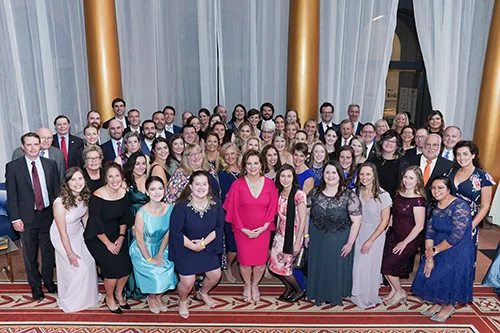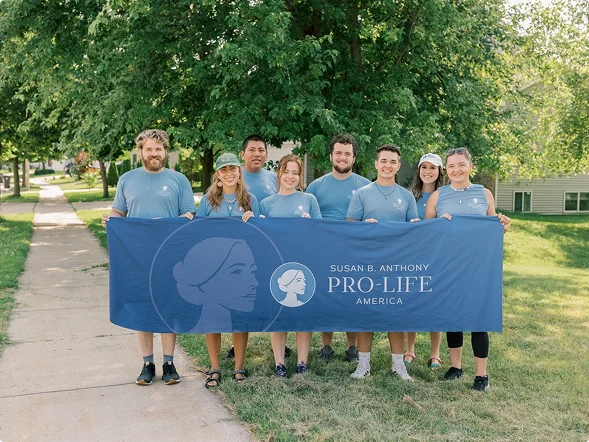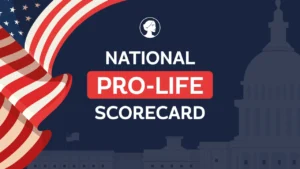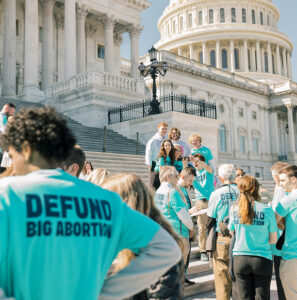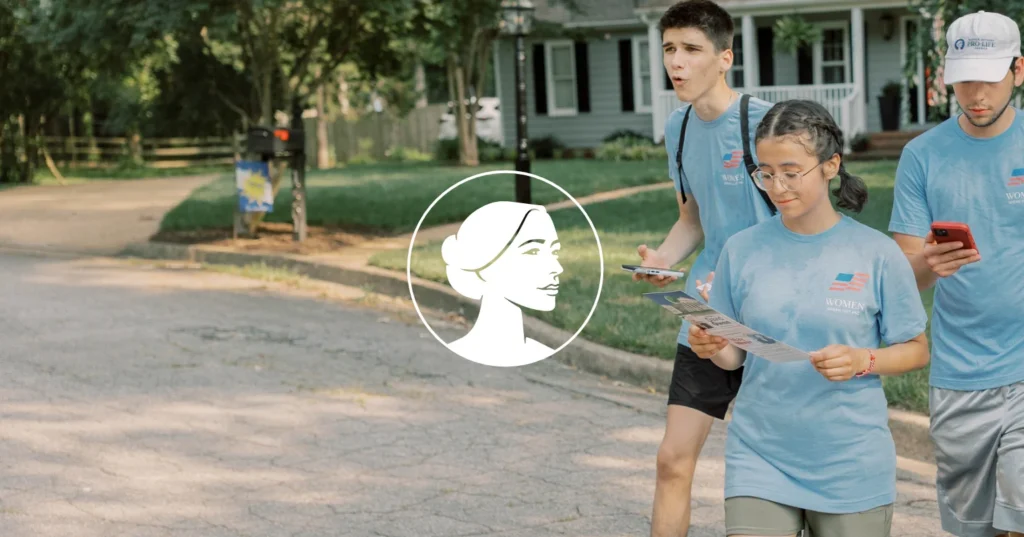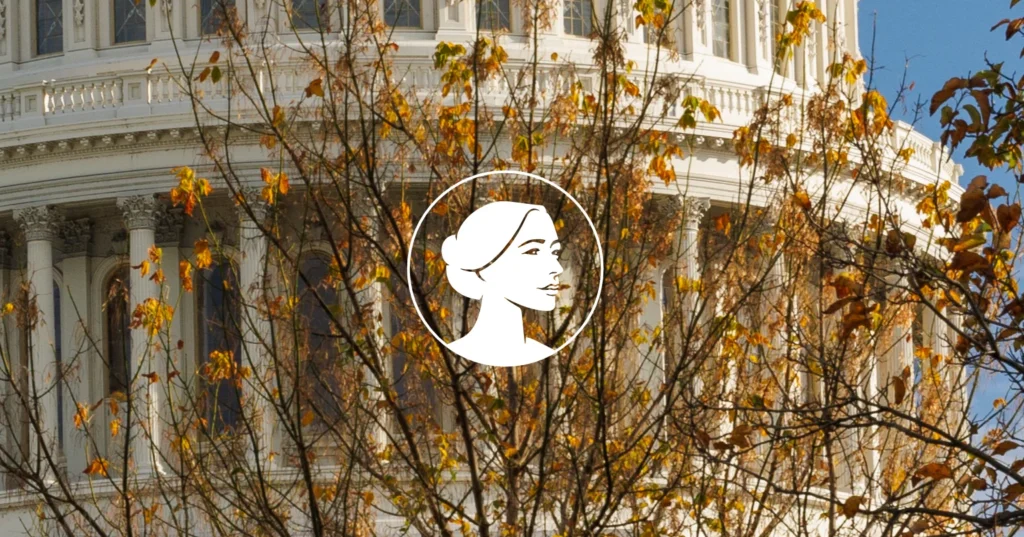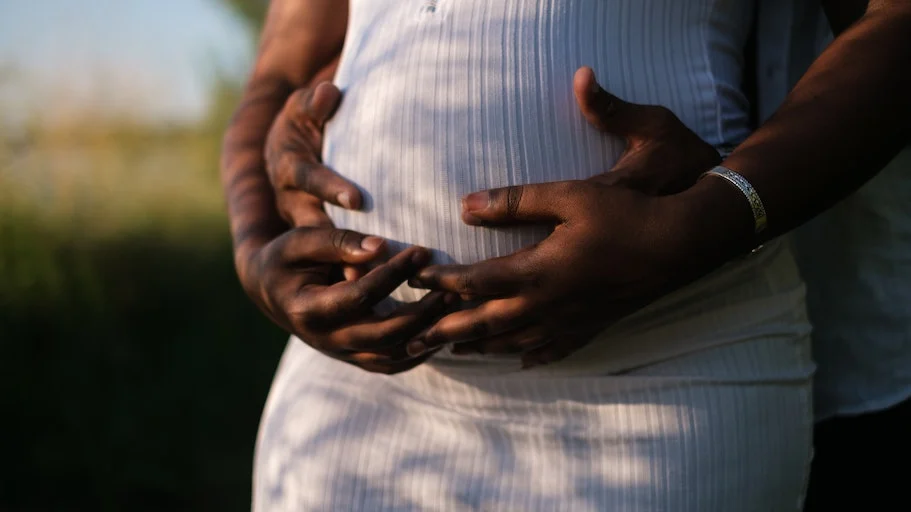The Top 3 Reasons To Oppose Ableist ‘Fetal Anomaly’ Exceptions
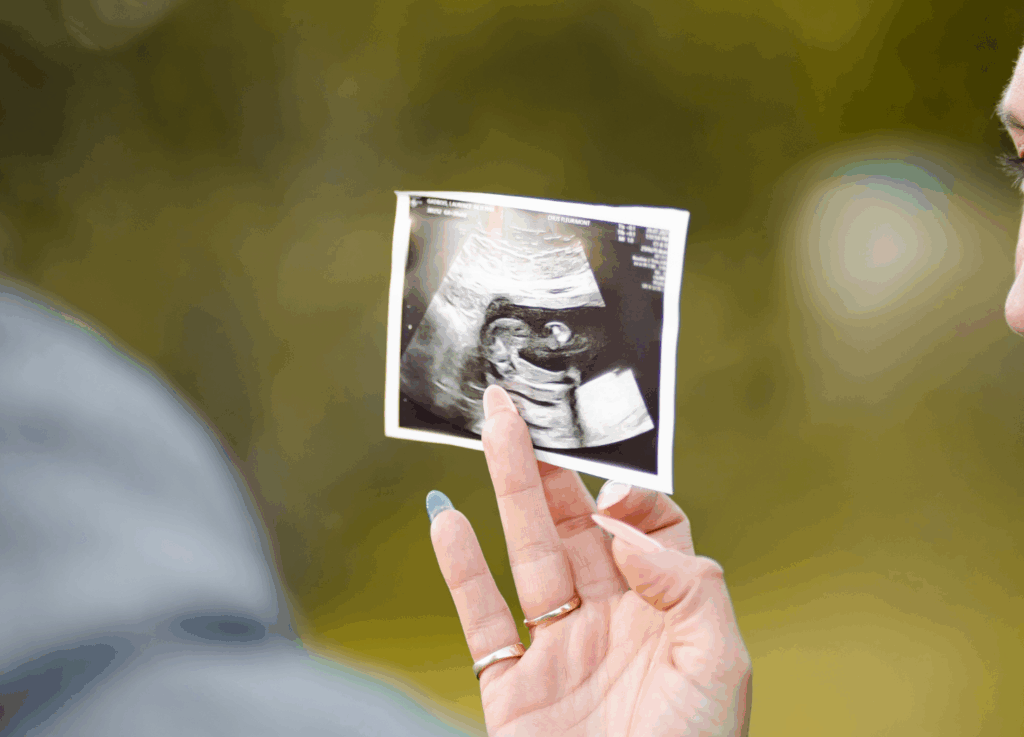
Eleven months prior to the 2024 election, a story of a mother suing the State of Texas to obtain a late-term abortion of her baby with trisomy 18 dominated headlines. The abortion lobby seized the opportunity to conflate fetal anomaly diagnoses with life-threatening emergencies experienced by pregnant women. In a press release, the ACLU said, “We will see more women like Kate Cox from Texas who was forced to flee her home state to get the critical care she needed. Other women won’t have that option, and some will die as a result of the abortion bans.” The Biden-Harris administration followed the ACLU’s lead to justify their agenda for unlimited abortion, launching ads featuring mothers of unborn babies with diagnoses of life-limiting disabilities and inviting the Texas mother to attend the State of the Union and campaign rallies.
In response, some legislators in states with pro-life laws have pushed to add so-called “fetal anomaly” exceptions to allow for babies with disability diagnoses to be aborted late in pregnancy. In Kentucky, Nebraska, and Tennessee, Republicans have advocated for the exception.
Here are three reasons why lawmakers should oppose allowing late-term abortions of babies with life-limiting diagnoses:
The Science
A Charlotte Lozier Institute article with facts about life-limiting fetal conditions shows many babies with a prenatal diagnosis die not because of their medical condition, but because of the discrimination and denial of treatment from the medical establishment. Before birth, as many as 60% of babies diagnosed with trisomy 13 or 18 are aborted. When given the proper care, survival rates are much higher. A Japanese study shows that when babies with trisomy 18 received appropriate care and surgical interventions, 81.5% survived until discharge. Some babies with T13 or T18 who receive surgery to treat their heart problem have an even longer median survival of 15 and 16 years.
“Too often in America, we fail to accept every child as a gift, regardless of ability. The obvious truth is that abortion is not a cure or treatment for the child’s condition,” Dr. Tara Sander Lee told Fox News.
Most fetal anomaly conditions do not put mothers at greater risk, according to research, and in the instances when a woman is in danger, every pro-life law in the country allows doctors to act. The article also notes that a New York Times investigation found that fetal anomaly diagnoses are often wrong.
The Stories
In response to the Kate Cox story and the disability discrimination bills, mothers challenged the media narrative by sharing their stories.
- Six-year-old Sajjona Murphy in Massachusetts has trisomy 18 and is defying prior medical predictions. Her mother Heidi says she has poured more joy into the Murphy family than they could ever imagine, bringing them closer together and teaching their older children the beauty of life.
- Beverly Jacobson in Colorado, whose daughter Verity has trisomy 18, told Fox News, “It’s the unfortunate truth that many doctors push abortion to parents whose unborn children are diagnosed with a life-limiting condition. I hope lawmakers will do the compassionate thing by taking a stand for Verity and those like her who have Trisomy 18 or other disabilities so they will not be targeted to an even greater extent for painful, late-term abortions.”
- In Indiana, Ashleigh Moon was told her unborn son was ‘incompatible with life.’ They said he had a 5% chance of survival and would be living with spina bifida or Down syndrome if he survived. Ashleigh resisted the doctor’s pressure to abort her baby and her son Caleb, though born prematurely, did not have the conditions that were predicted. He is now 20 years old and has no developmental challenges.
- Callie Higgins of Nebraska had a baby with a serious health condition who was born but was only alive for 26 hours. She said: “It’s still heartbreaking, but we were so thankful for the one day that we had with him and the memories we got to make.”
- Adam Schwend, western regional director for SBA Pro-Life America, shared the story of his wife, whose mother was told that her baby had no functioning kidneys and she would likely die. His mother-in-law resisted doctors’ pressure to abort and one of her daughter’s kidneys began to function. Today, Adam and his wife have five children.
The Politics
In Nebraska, Sen. Merv Riepe introduced HB 1109 as his priority measure for the session last year saying the bill targeting babies with disabilities was a “cleanup bill” to make the 12-week protection law “more reasonable and respectable.”
Ahead of the committee hearing for HB 1109, the Nebraska Pro-Life Coalition sounded the alarm on the measure that would target babies with disabilities for late-term abortions. In a press release, Nebraska Right to Life Executive Director Sandy Danek summed up the bill saying, “Discrimination of those with disabilities has no place in Nebraska. Whether born or not yet born, we should celebrate people with different abilities and fiercely guard against any attempt to strip away their right to live and ability to receive proper medical care. We urge senators to vote against this ableist legislation to protect the most vulnerable among us.”
As Nebraskans got word that the bill would put babies with disabilities in a different class and allow their lives to be painfully ended until 22 weeks’ gestation, more and more people registered their opposition. A total of 496 people submitted testimony against the disability discrimination bill and only 21 submitted testimony in favor.
Sensing the damaging optics of Riepe’s legislation, even the pro-abortion groups did not testify in support of the bill. The ACLU, Planned Parenthood, and Women’s Fund all showed up with neutral testimony to register their discontent about the 12-week protection law but not support the passage of HB 1109.
After hearing story after story from mothers who opposed HB 1109 in committee, Nebraska senators voted 3-2 with three present but not voting on the bill. Having failed to receive due pass votes from the majority of members present, Riepe’s bill was defeated.
Ableist Legislation Stalls Out
With 2025 legislative sessions only beginning, it remains to be seen if lawmakers will introduce more bills to target unborn children with disability diagnoses.
“The wins for babies with disabilities with the defeat of so-called ‘fetal anomaly’ bills was the greatest unsung victory of the 2024 legislative session season,” said SBA State Affairs Director Sue Liebel. “Attacking unborn babies with disabilities is flat-out wrong and politically unwise. We hope to see fewer of these attempts this year and for more state leaders to become acquainted with the science and understanding of the humanity of babies in the womb.”
Make your gift to serve women and save babies today.
SBA Pro-Life America's mission is to end abortion by electing national leaders and advocating for laws that save lives, with a special calling to promote pro-life women leaders. Your secure gift today will help to advance a culture of life and protect unborn children and their mothers from abortion.
Donate